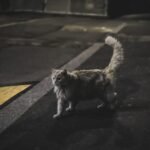Cats are curious creatures by nature, often fascinated by the foods their human companions enjoy. However, despite their curiosity and occasional pleading meows, there are several human foods that can be harmful or even toxic to cats. Understanding these dietary dangers is crucial for any responsible cat owner. This article explores nine foods that should never be fed to your feline friend.
1. Chocolate: A Sweet but Deadly Treat
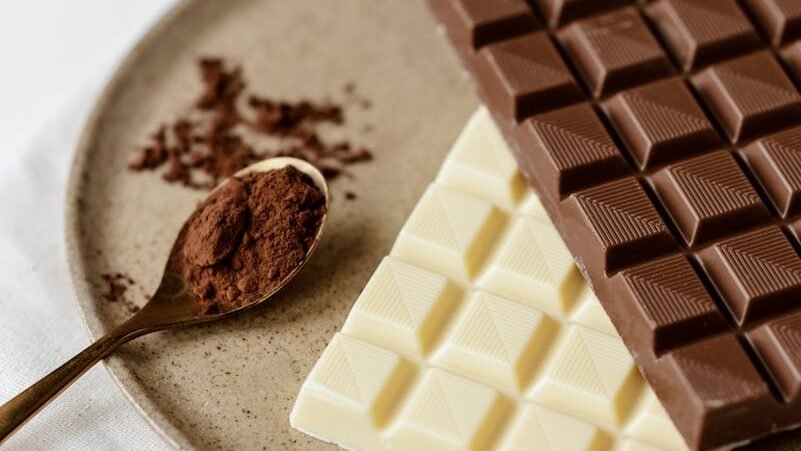
Chocolate contains theobromine and caffeine, both of which are harmful to cats. These substances can cause vomiting, diarrhea, increased heart rate, and even seizures. The darker the chocolate, the higher the risk, making it imperative to keep all forms of chocolate out of reach.
2. Onions and Garlic: More Than Just Bad Breath
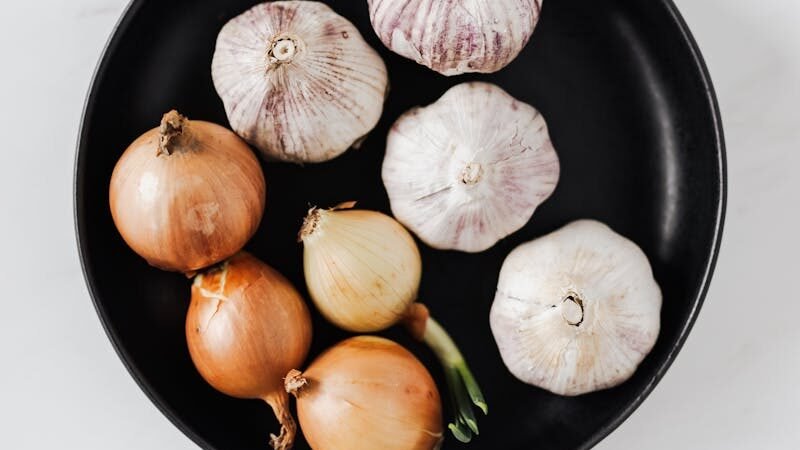
Photo by Photo By: Kaboompics.com via Pexels
Onions, garlic, and other members of the allium family can damage a cat’s red blood cells, leading to anemia. Even small amounts, whether raw, cooked, or powdered, can pose significant health risks. Symptoms of poisoning might include weakness, lethargy, and a decrease in appetite.
3. Grapes and Raisins: A Mysterious Threat
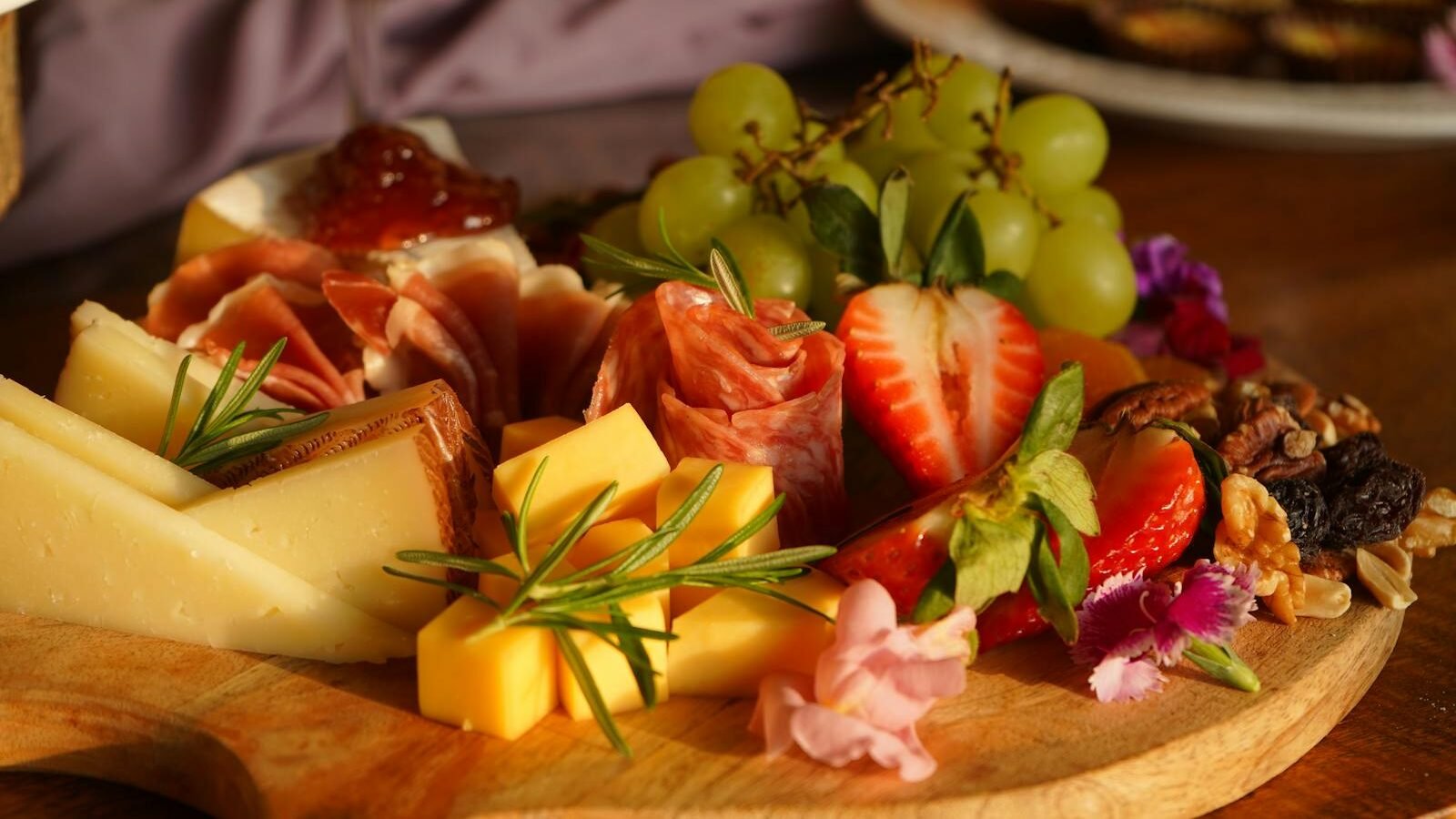
While the exact toxin in grapes and raisins is unknown, these fruits are linked to kidney damage in cats. Even small quantities can induce vomiting and lead to kidney failure. Therefore, it is essential to ensure grapes and raisins are never left within a cat’s reach.
4. Alcohol: Not Just for Humans

Photo by Maria Pop via Pexels
Alcohol and products containing alcohol can be extremely dangerous for cats. Even a small amount can lead to ethanol poisoning, which affects the central nervous system. Symptoms include vomiting, disorientation, and in severe cases, respiratory distress or coma. Cats should be kept away from all alcoholic beverages and foods prepared with alcohol.
5. Caffeine: A Risky Stimulant
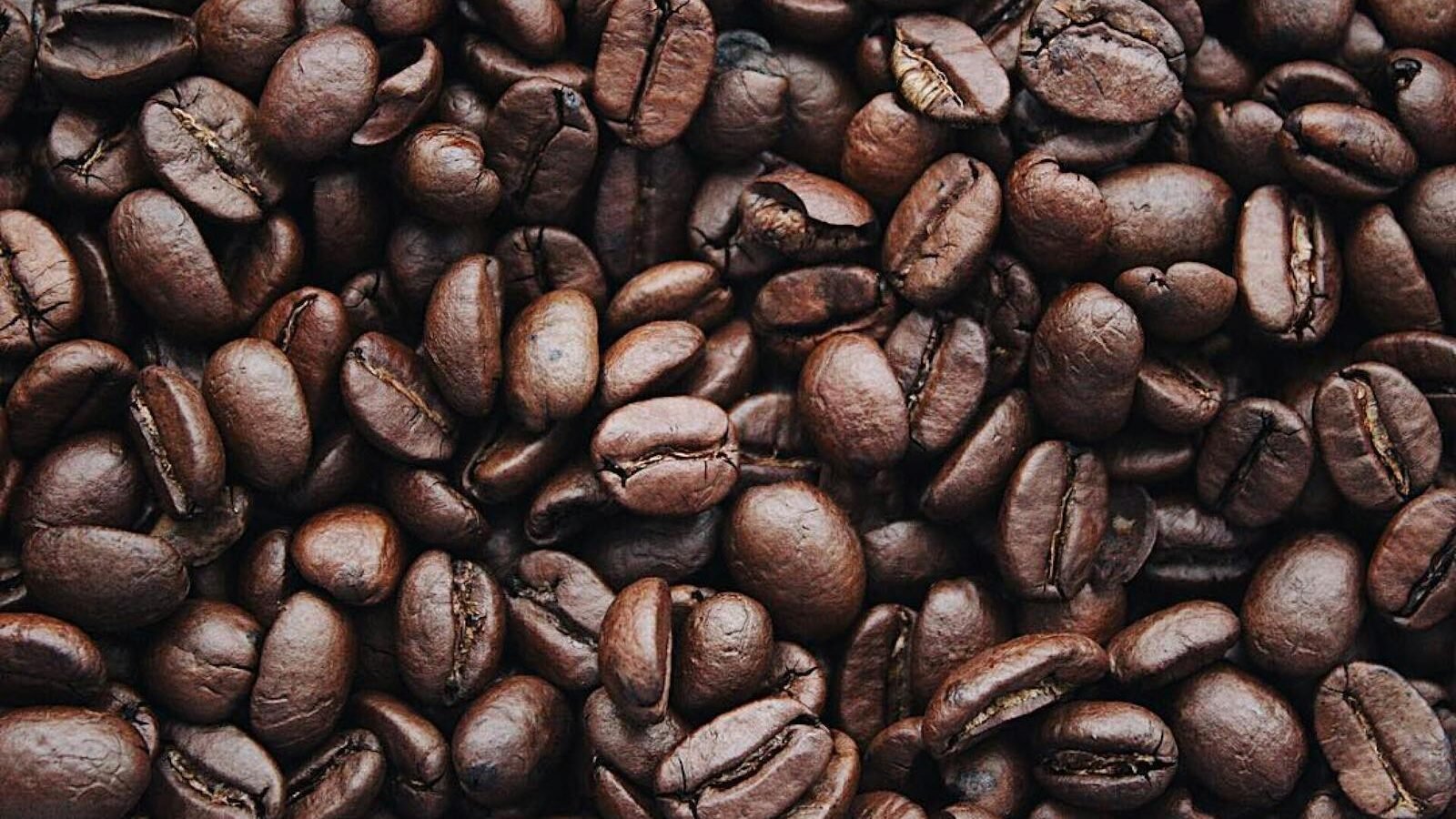
Like chocolate, caffeine is found in coffee, tea, sodas, and energy drinks, posing significant health threats to cats. Consumption can lead to hyperactivity, increased heart rate, tremors, and seizures. Ensure your cat avoids exposure to caffeinated products at all times.
6. Dairy Products: The Lactose Intolerance Dilemma
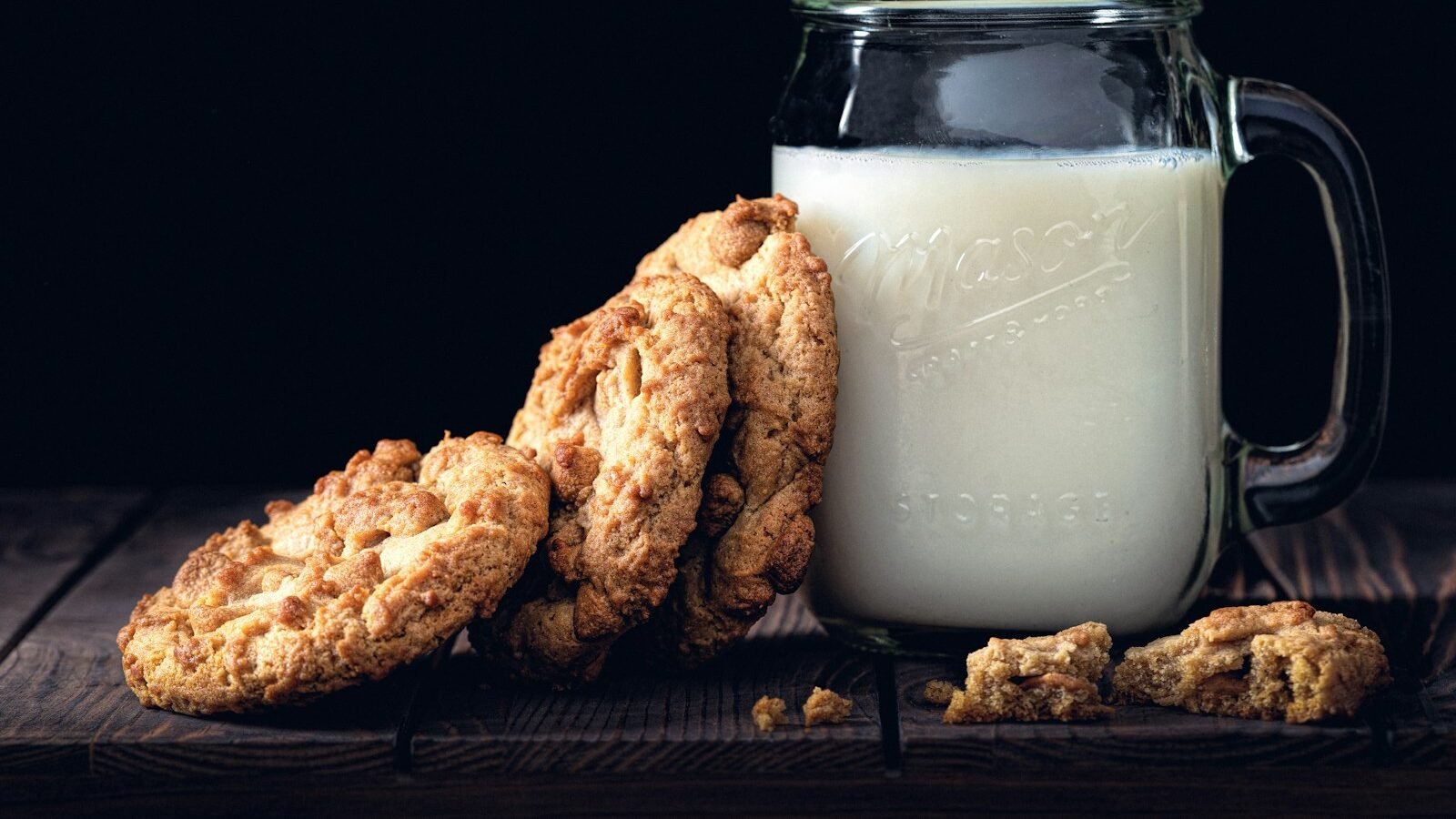
Photo by Brian Suman via Pexels
Contrary to popular belief, many cats are lactose intolerant and cannot properly digest milk or other dairy products. Feeding your cat dairy can result in stomach upset, diarrhea, and gastrointestinal discomfort. Opt for lactose-free alternatives if your cat enjoys milk flavors.
7. Raw Meat, Fish, and Eggs: Bacteria and Deficiencies
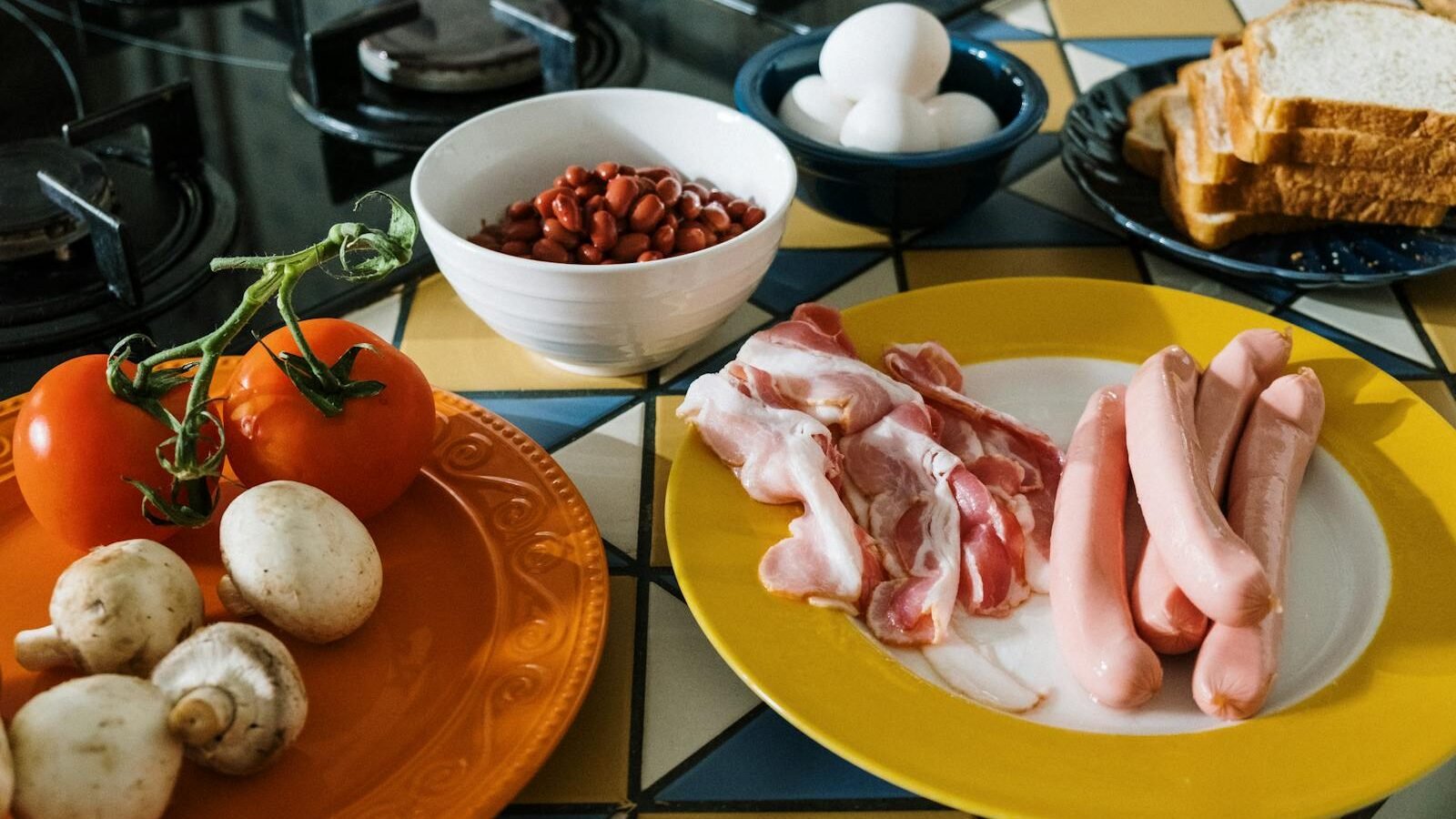
While cats are obligate carnivores, raw meat, fish, and eggs pose risks of bacterial infections, such as salmonella and E. coli. Additionally, raw fish contains an enzyme that destroys thiamine, an essential B vitamin, leading to serious neurological problems. Always cook these foods thoroughly before offering them to your cat.
8. Avocado: Not Such a Superfood for Cats
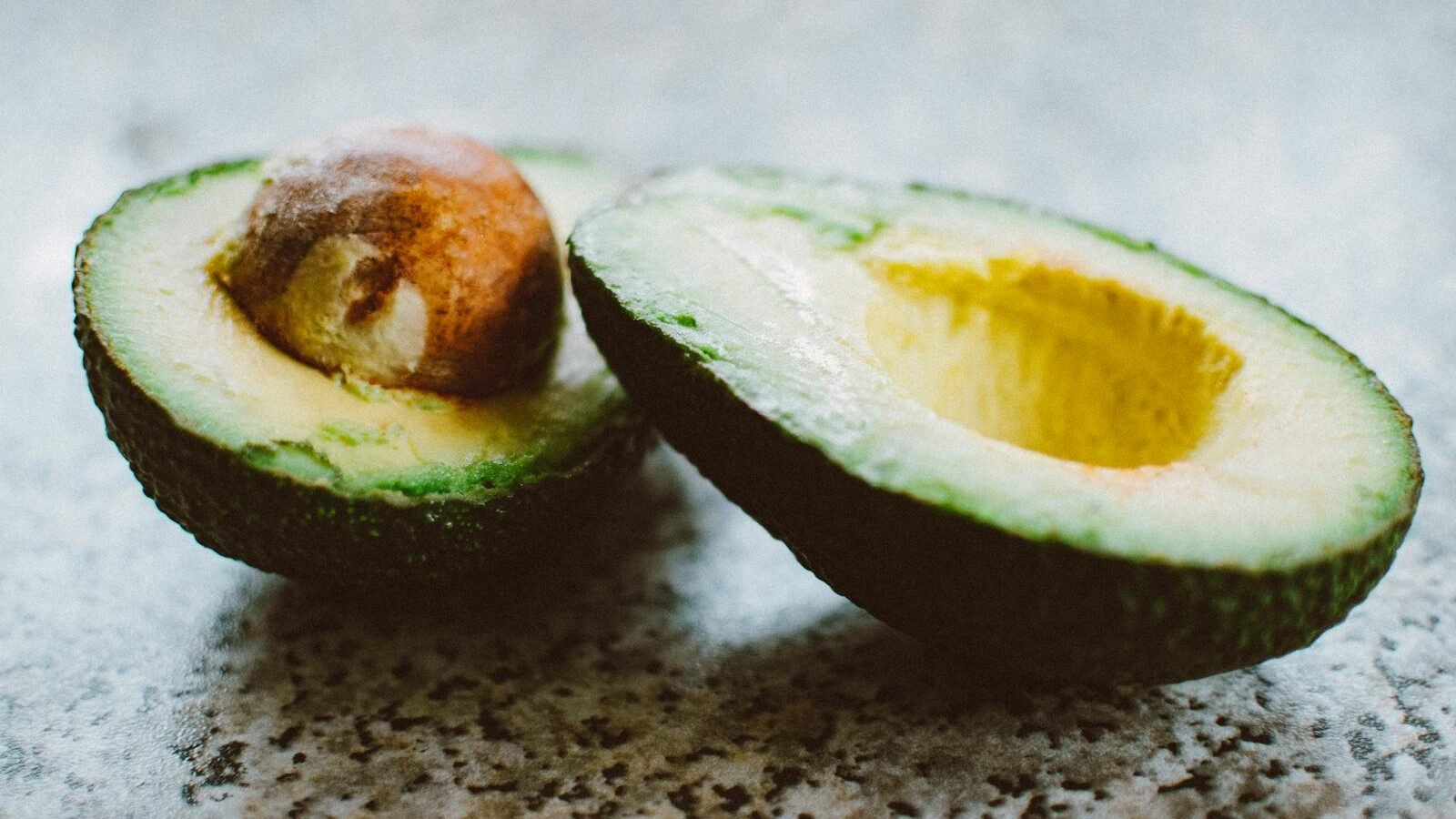
Photo by Lisa Fotios via Pexels
Avocados contain persin, a fungicidal toxin that can cause vomiting and diarrhea in cats. The pit, skin, and leaves are particularly dangerous, but it’s best to avoid letting your cat consume any part of this fruit to prevent health complications.
9. Bones and Fat Trimmings: Choking and Other Hazards
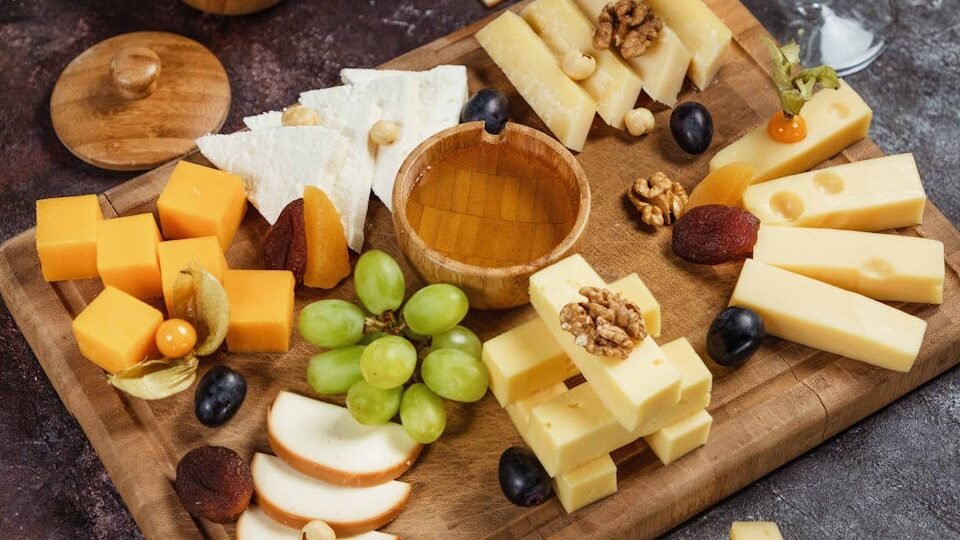
Bones, especially cooked ones, can splinter and cause choking hazards or injuries to a cat’s digestive tract. Fat trimmings, whether cooked or raw, can lead to pancreatitis. Avoid giving your cat access to bones or fat scraps to maintain their health.
Conclusion: Prioritizing Your Cat’s Health
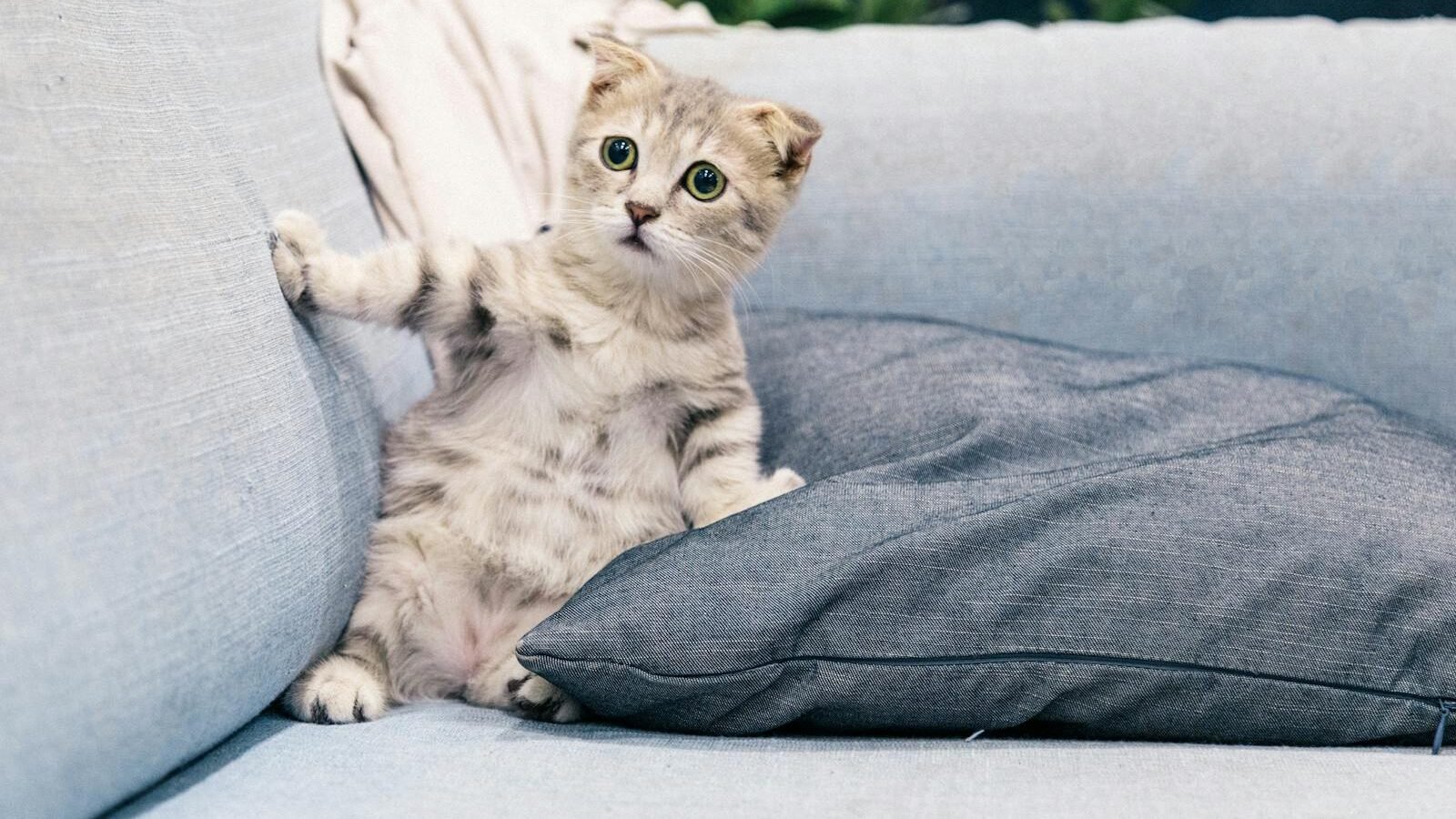
Photo by Tranmautritam via Pexels
While it can be tempting to share your favorite foods with your feline companion, it’s essential to be mindful of what might harm them. By avoiding the nine foods outlined in this article, you are taking significant steps toward ensuring your cat leads a healthy, happy life. Always consult your veterinarian if you suspect your cat has ingested something harmful, and keep your home environment safe and secure from potential dietary dangers.

With over a decade of experience as a dedicated cat lover and enthusiast, I specialize in writing captivating content about all things feline. My expertise shines through in creating engaging and informative pieces that resonate with fellow cat lovers. As a proud cat parent to my beloved Duston, my personal connection to the world of cats adds authenticity and warmth to my work, making it relatable and heartfelt.



